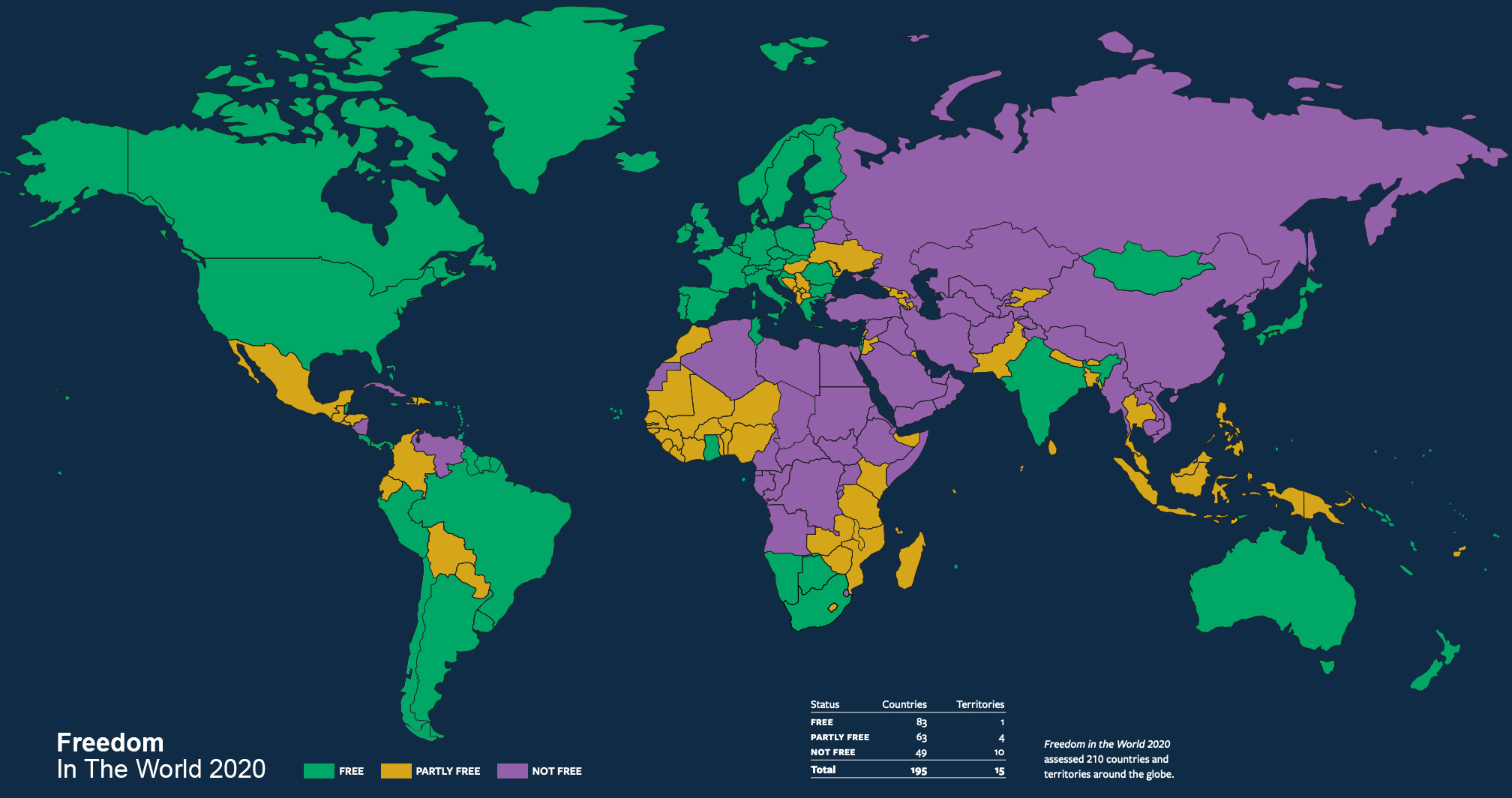I would say the A&E list is very Europe/Americas-centric (like much western popular discourse on general history and civilization tends to be), as if the western world is the "default" of human civilization. The small handful of non-westerners on the list were individuals who engaged heavily with the western world (or whose descendants/successors did), thereby still treating the west as the standard of relevancy in the whole framework.
Of course, that's easily relatable and digestible for the western audience that it is meant for. But in framing the whole topic in that manner, it marginalizes the majority of the global community, and the rich strains of human civilization and culture that exist outside of the western traditions (including the ancestors and living relatives of many of us who only moved to the west in the last couple generations), not to mention the indigenous traditions of the Americas that have been largely displaced only fairly recently in human history.
Kor

 .
.